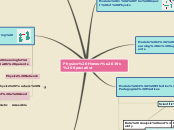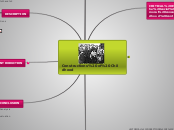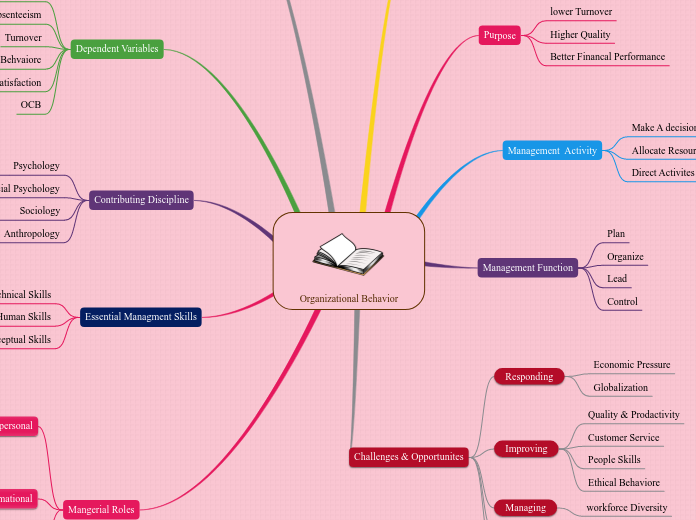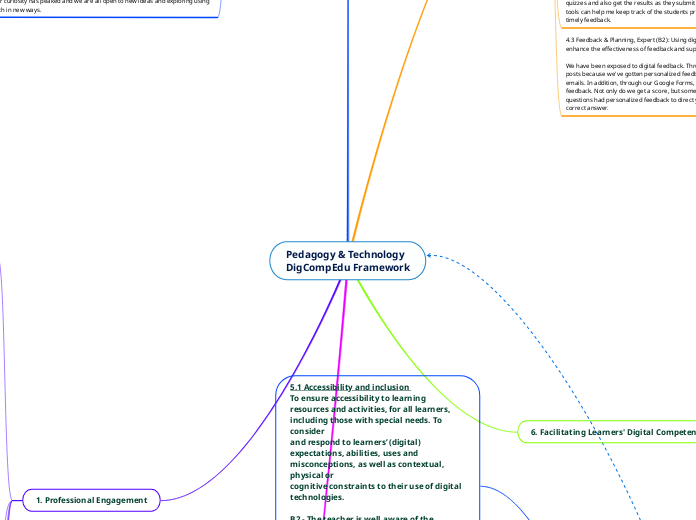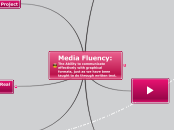a Robert Moscaritolo 6 éve
115
Robert’s Physics Mind Map
Effective teaching in physics combines scientific literacy, student engagement, and innovative pedagogy to cultivate a deeper understanding of the subject. Teachers are encouraged to employ real and relevant tasks to make learning experiential.
